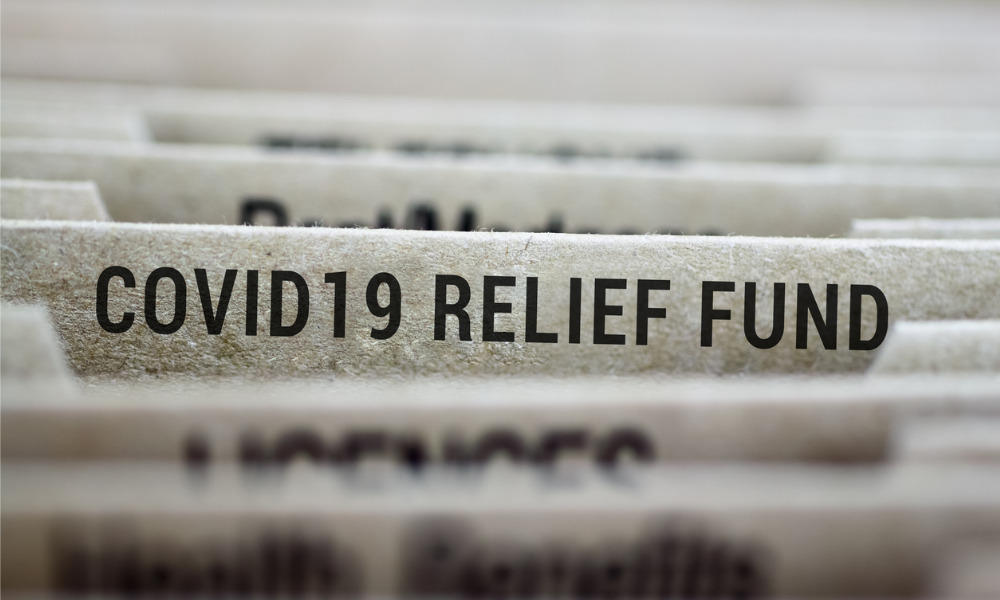However, that figure is expected to rise as CRA inspectors review millions of applications for a half-dozen COVID-19 initiatives until at least 2025.
They also indicated that the agency has already found around 25,000 incidents of fraudulent transactions linked to identity theft, which Lemieux said was “on a scale we haven’t seen before.”
The CRA revealed its clawback plans just as the final COVID-19 aid programs were concluded, final payments were made, and the agency prepared to accept applications for new Liberal dental and rental support grants using a similar mechanism.
In retrospect, Vermaeten and Lemieux admit that the agency made some mistakes early in 2020 while designing and delivering programs such as the $2,000-per-month Canada Emergency Response Benefit (CERB), which was “attestation based,” meaning it relied on the taxpayer’s good faith claim and provided little proof.
Many clawbacks, according to Lemieux, are the result of people straining to comprehend eligibility requirements when the government gradually introduced new programs or substituted others with newer, more restrictive ones.


